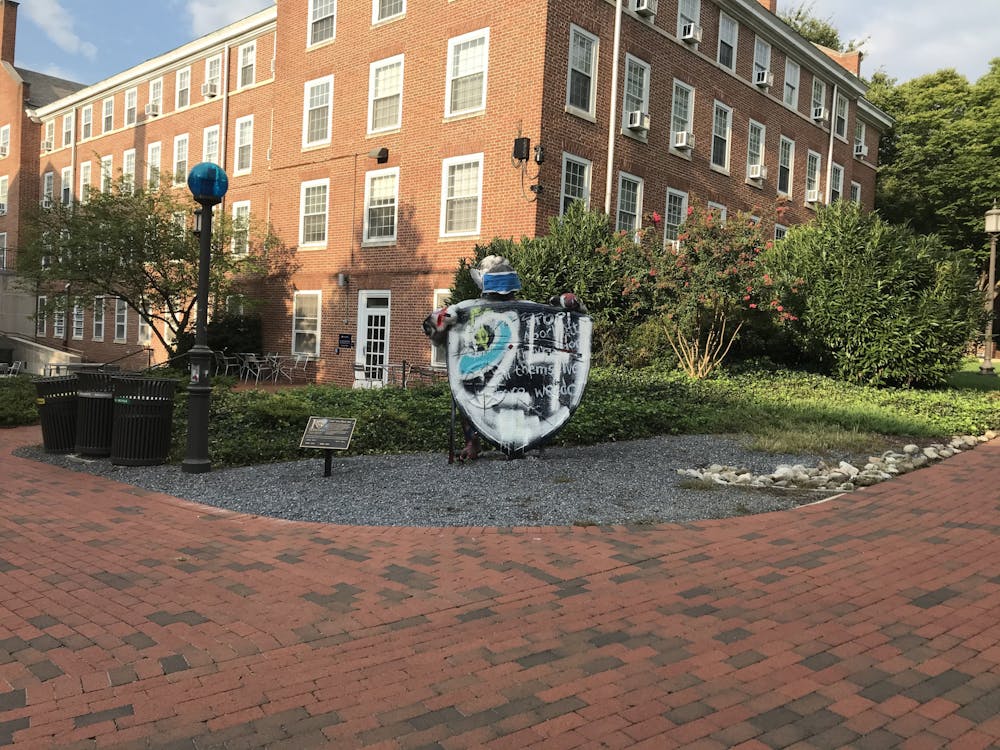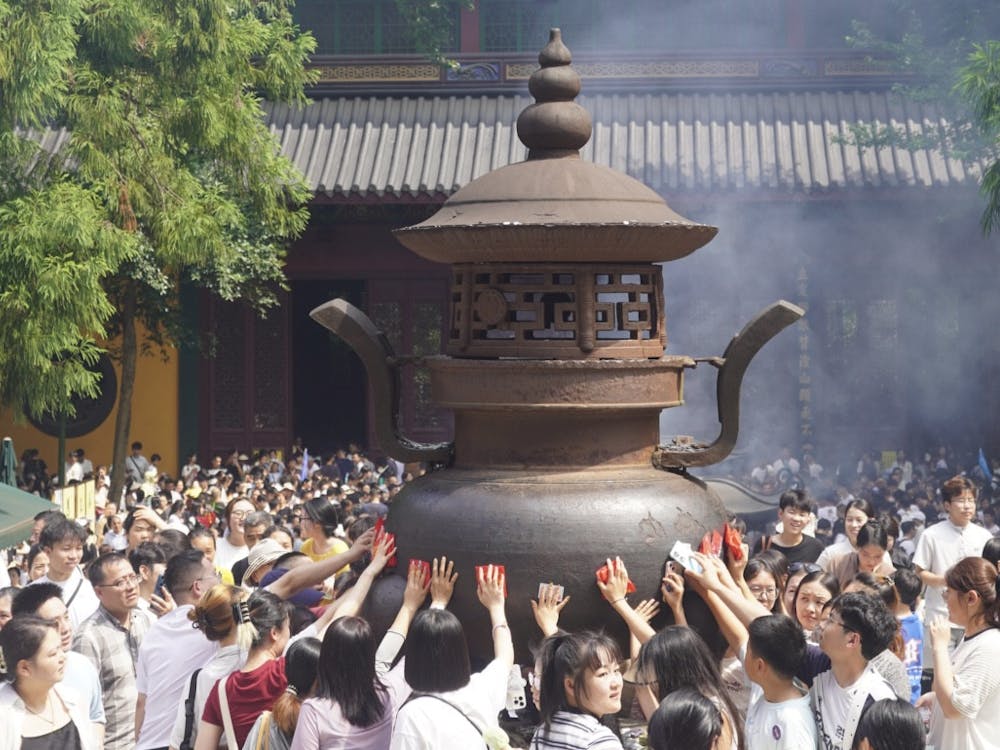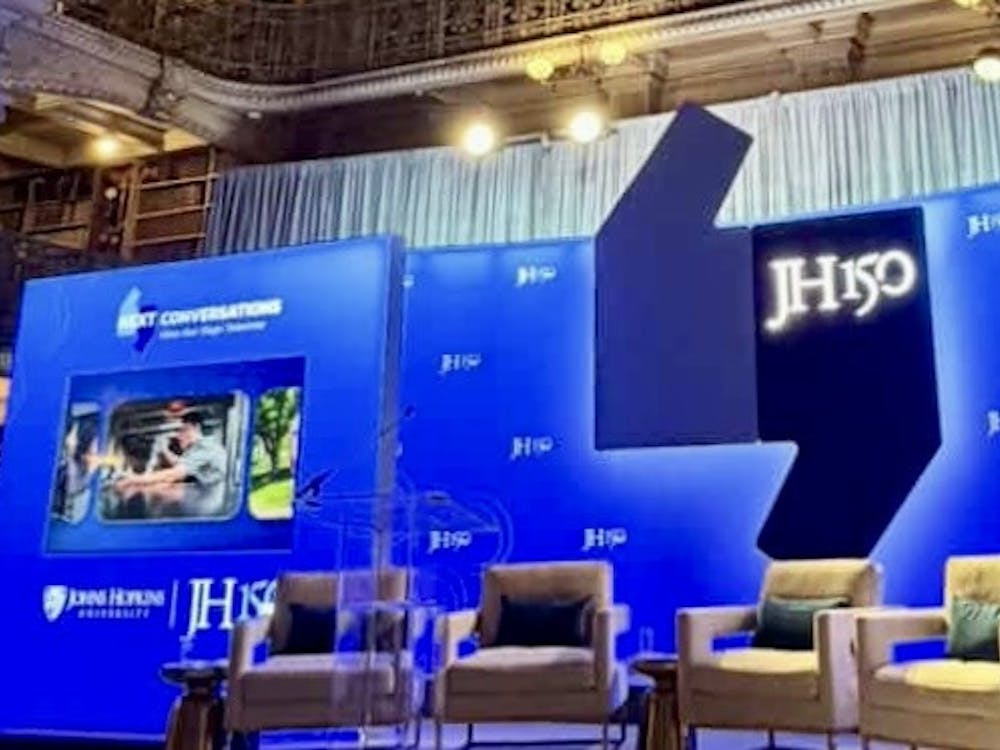
To say, “I graduated from high school in 2020,” holds a lot more meaning than we might have thought it would. For those of us who wear that badge, it means an orchestra of mixed emotions, and with good reason: As graduating seniors, we expected the nine months between college application deadlines and the first day of college to be smooth sailing. And suffice it to say, we were royally ripped off.
If a rosy nine months were an iPhone 11, we got a hand-me-down flip phone. The coronavirus (COVID-19) pandemic buried basic social interaction and forced some of us to accept that a 12-word message was a sufficient goodbye for a 12-year experience.
It would be easy to stop here and say that the missed traditions of senior year ruined what otherwise would have been an exciting year. Sure, when I envisioned graduation pictures, I did not expect them to be horribly lit and make me look like my four years were spent in solitary confinement. But what quarantine has proven is that the absence of prom and graduation pales in comparison to the psychological and social impacts of the pandemic.
At many points during the pandemic, I have found myself asking, “How the heck is it [insert month between May and August] already?!”
As March has drifted into the past, keeping track of time has turned into something of a hobby. My friends and I would often plan to do something together virtually, go silent for what felt like a couple days and find ourselves in another month. Email responses would be sluggish, and some text messages would get completely lost in the cloud of lockdown.
This relationship with time has inevitably begotten chronophobia (a fear of lost time). When last week and last month increasingly feel like the same thing, it becomes more difficult to discern memories from the blur of quarantine. No selfies, no group pictures, nothing to highlight the past six months. And while there hasn’t necessarily been much to photograph, it is still bizarre — and slightly terrifying — to know that so much time has passed.
What has also arisen over the course of the lockdown is a sense of paranoia. When the pandemic emerged, COVID-19 was only an abstraction; in January, there were almost no reported cases in the U.S., and even by late February, the numbers were not high enough to cause much alarm in my hometown. In March, when cases began to soar in New York, I expected to get a better understanding of the nature of the disease. And while the broad range of symptoms and health outcomes did become more concrete, COVID-19 also became more complicated and elusive...
Infection can be fatal but only for the elderly and immunocompromised. Wait, no. Those above 50 are also at high risk. Sorry, teens and millennials are actually also at risk. COVID-19 doesn’t aerosolize. Actually, maybe it can; don’t wear a gaiter. COVID-19 spreads through surfaces, or maybe it doesn’t.
The uncertainty that enveloped the disease also began to influence my actions outside the home. Was I too close to that person when we were talking? Is it safe to eat here? Whether the concerns were justified or not, the whirlwind of conflicting reports made it harder to grasp how careful I had to be — and whom my actions could hurt.
Most of all, the pandemic has made it impossible to escape the gravity of current events; news stories that were once pushed aside in the chaos of normalcy are now front-and-center, from the graphic violence against Jacob Blake and George Floyd to the California wildfires. Put simply, the pandemic has exacerbated the persistent racial and socioeconomic disparities in American society, and quarantine has finally forced us to acknowledge them.
These personal observations are part of a broader trend for our generation. The past six months have seen an especially pronounced rise in anxiety and depression among high school and college students, and the many acts of racial injustice documented during the pandemic have mobilized thousands of teenagers to lead the Black Lives Matter movement.
In hindsight, therefore, subpar graduation photos aren’t much to complain about. As we attempt to return to normalcy, it’s these social issues that must continue to take the front stage, and it’s our generation that must be at the helm.
So what will saying, “I graduated from high school in 2020,” really mean for us? Maybe it will mean that instead of prom, our graduating class gets to participate in a campaign to normalize discussions about mental health or a concerted effort to dismantle systemic racism. Maybe it will mean that we graduated at a tipping point.
Correction: The original version of this piece suggested that Jacob Blake died; he is alive. The News-Letter regrets this error.





